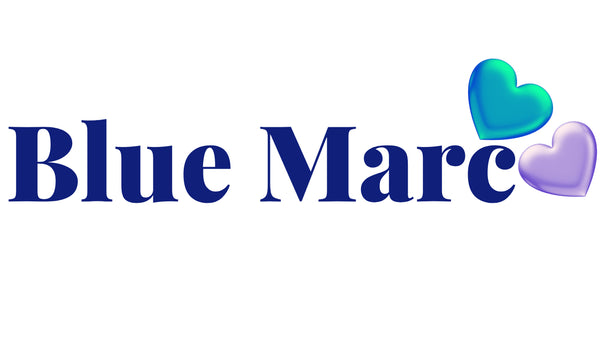
7 Fun and Fascinating Facts About Babies You Might Not Know
Share
Babies are amazing little beings who bring endless joy, curiosity, and wonder into our lives. From their tiny fingers to their first smiles, there’s so much to admire. But beyond the cuteness lies a world of science and discovery. Here are seven surprising, fun, and scientifically backed facts about babies that will make you appreciate them even more.
1️⃣ Babies Are Born with All the Neurons They'll Ever Have
At birth, a baby’s brain contains about 100 billion neurons—almost the same number as an adult. While these neurons are already in place, it's the connections (synapses) between them that develop rapidly in the first years of life, laying the groundwork for learning, memory, and emotion.
Parent Tip: Talk, read, and sing to your baby daily to stimulate brain development and help strengthen these neural pathways.
2️⃣ Babies Cry in Their Native Language
A baby’s cry isn’t random—it reflects the rhythm and intonation of their native language. For example, studies show French babies tend to have cries with rising melodies, while German babies have falling ones. This early mimicry may help with language development.
Did You Know? Babies begin absorbing language patterns in the womb, especially during the last trimester.
3️⃣ Babies Have a Natural Swimming Reflex
While babies can’t truly swim, they are born with a reflex known as the diving reflex—they hold their breath and move their limbs when submerged in water. This instinct fades around six months of age.
Safety Tip: Despite this reflex, babies should never be left unattended near water. Always supervise closely during water play.
4️⃣ A Baby’s Sense of Smell is Supercharged
Babies are born with up to 10 times more active olfactory receptors than adults. This heightened sense of smell helps them identify their mother’s scent within just a few days of birth.
Why It Matters: Scent recognition plays a critical role in emotional bonding and breastfeeding.
5️⃣ Babies Recognize Faces Very Early
Even at just a few hours old, babies prefer looking at faces over other shapes. By one month, they can distinguish their parents’ faces from strangers'.
Parent Tip: Make plenty of eye contact—it strengthens your connection and supports social and visual development.
6️⃣ Babies Are Wired to Love Sweetness
From birth, babies show a strong preference for sweet tastes. This evolutionary trait likely ensured they sought out energy-rich breast milk, which contains natural sugars like lactose.
Feeding Insight: Offering a variety of healthy flavors as babies begin solids can help expand their palate while honoring their natural love for sweet tastes.
7️⃣ The Babinski Reflex is One of Many Unique Baby Reflexes
Touch the sole of a baby's foot and their toes fan out—this is called the Babinski reflex, one of many automatic responses seen in newborns. Others include the Moro (startle) and grasp reflexes.
Why It Matters: These reflexes are signs of healthy neurological development and are routinely checked by pediatricians.
⭐️ Bonus Fact: Babies Blink Less Often
While adults blink about 15–20 times per minute, babies blink only around 2–3 times per minute. Scientists believe this helps them stay focused on visual learning in their environment.
Final Thoughts: Celebrating the Everyday Wonders
From their heightened senses to their built-in reflexes, babies are full of remarkable traits. These early months are filled with rapid growth and learning—for both baby and parent. By understanding these fascinating facts, we can better support our little ones and appreciate the small miracles unfolding every day.
